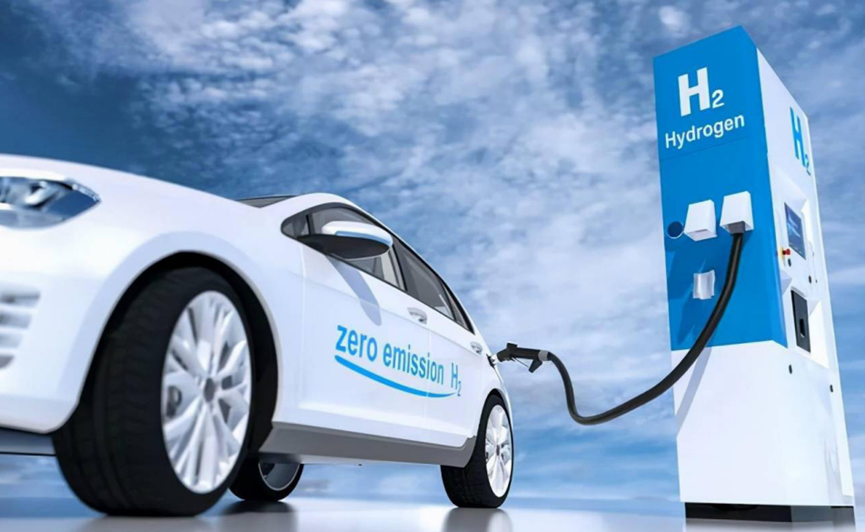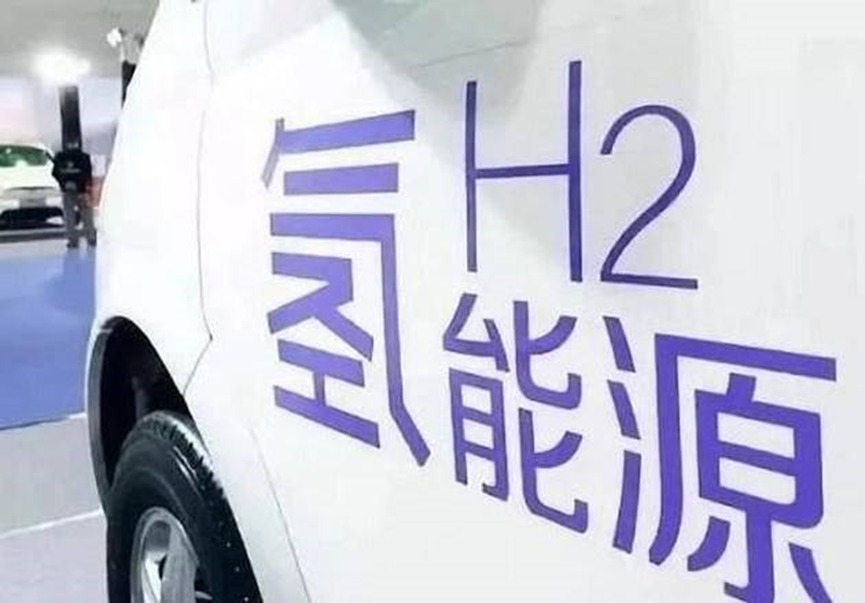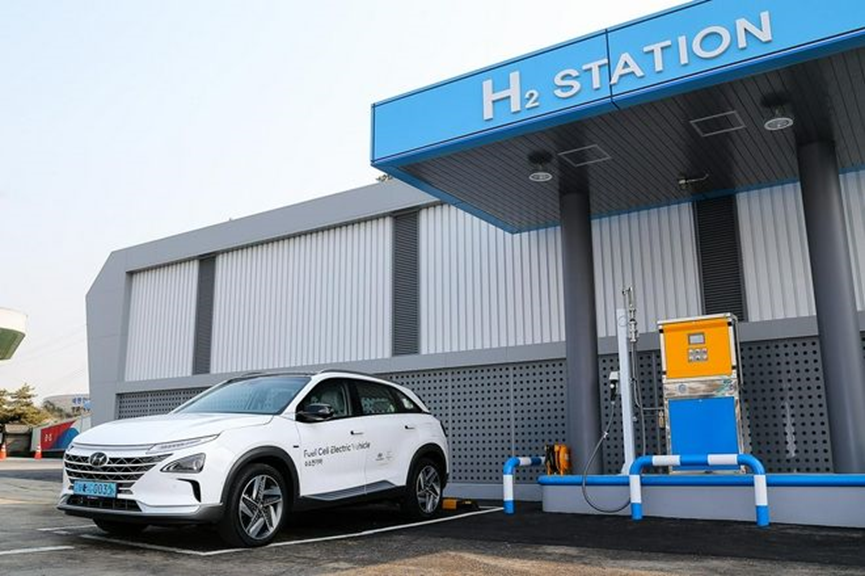With the increasingly widespread application of hydrogen energy in the field of transportation, the first batch of 80 hydrogen energy network ride-hailing vehicles in Shanghai was put into operation recently.

The hydrogen energy network car driver said: "The daily cost of this car is higher than that of pure electric models, but it is much lower than that of petrol fuel models, and it used to cost 1 yuan to 1.2 yuan per kilometer when driving a commercial car, and now hydrogen energy vehicles are about 0.5 or 0.6 yuan per kilometer." The driver admits that the number of hydrogen refueling stations is still small, which also limits his travel radius. ”
It is understood that the first batch of 80 new energy vehicles is centered on Shanghai Hongqiao Airport and has been put into operation one after another, while there is only one oil-hydrogen co-construction refueling station nearby, and the number of daily hydrogen refueling trains is rapidly increasing.

"At the beginning, there were only 30-50 refueling trains, and at present, 129 vehicles can be refueled, and the total hydrogen supply is about 600 kilograms, and the average vehicle is about 5 to 6 kilograms, which has reached about 60%-70% of our design capacity." ”
It is understood that although affected by the hydrogen market price and the number of hydrogen refueling stations, the actual operation of the first batch of hydrogen energy vehicles is basically in line with expectations.
"Measuring the life cycle of the entire operating vehicle, after 5 years of such a model, it is basically similar to using this pure electric car." The chief operating officer of a Shanghai ride-hailing platform said.

Although hydrogen energy vehicles have not been widely promoted, with the iteration of technology, the cost of hydrogen fuel cells has decreased year by year, and some new changes have appeared in the entire hydrogen energy vehicle market.
In a hydrogen fuel cell production enterprise in Shanghai, the person in charge told reporters that in recent years, with the iteration of technology, material breakthroughs and scale effects have gradually appeared, the cost of hydrogen fuel cells is declining, and the annual rate is declining by nearly 20%.
Compared with three and five years ago, the cost of the current fourth-generation stack is less than half of the original, and there will be room for further cost reduction in the future with the blessing of economies of scale and technological innovation.
The decline in the cost of hydrogen fuel cells has directly promoted the rapid landing of hydrogen energy vehicles. In October 2021, Shanghai has begun to test hydrogen energy buses, the demand for hydrogen energy buses is growing rapidly, from last year to this year, the cost of the vehicle has dropped by 20%-30%, if according to this downward trend, the price of the vehicle will continue to decline, it is expected that 4 or 5 years later, it will be similar to the current pure electricity.




 CONTACT US
CONTACT US ICC APP
ICC APP
